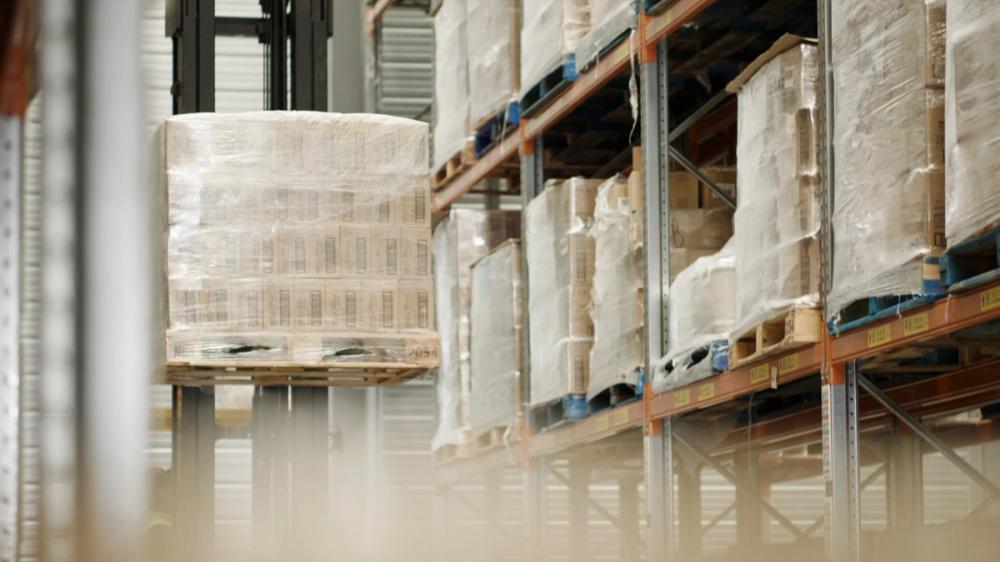
Denmark is leading efforts in Europe to implement emissions pricing for farming gases, which could eventually lead to emissions tariffs at the EU border for agricultural products like dairy and meat. This follows the EU’s introduction of carbon tariffs for high-emission materials such as steel, aluminium, and fertilisers.
Responsible exporters can get ahead and avoid carbon border tax in the future by planning an emissions reduction pathway now.
Experts suggest that while this change is not imminent, it is likely in the coming years - potentially impacting New Zealand exporters across a range of sectors, not just agriculture, given our lower emissions pricing compared to the EU. Responsible exporters can get ahead and avoid carbon border tax in the future by planning an emissions reduction pathway now.
As of April 2025, the European Union’s Carbon Border Adjustment Mechanism (CBAM) does not yet cover agricultural goods. The policy is currently focusing on high-emission industrial imports, with financial levies set to begin in January 2026. However, the European Commission has indicated the scope of CBAM will be reviewed before 2030, with a strong likelihood of expansion to include other carbon-intensive goods.
Agricultural exports such as dairy, meat, and processed food products are clearly in the frame. Other likely candidates for future tariffs include processed wool and leather goods, paper and packaging materials, as well as wine and spirits.
Agricultural exports such as dairy, meat, and processed food products are clearly in the frame. Other likely candidates for future tariffs include processed wool and leather goods, paper and packaging materials, as well as wine and spirits - sectors where production is energy intensive, and emissions accountability varies.
Recent updates to CBAM have introduced simplifications, including a de minimis threshold to exempt small importers and more practical emissions quantification rules. While these changes reduce the burden for SMEs, they also signal the EU’s commitment to embedding CBAM as a long-term fixture of its climate and trade policy. For larger exporters and carbon-intensive goods, the policy direction remains firmly in place - and likely to expand.
Reducing emissions now gives New Zealand a practical edge in a world where carbon costs are starting to shape trade policy. By acting early, businesses can avoid being blindsided by policy shifts and protect access to premium markets. Across sectors, buyers are beginning to expect low-emissions options - and those who meet the standard will be better placed to compete. For more on this topic, see Toitū’s article on the proposed EU business legislation around carbon measurement and its impact on NZ exporters through supply chain regulation.
Beyond tariff avoidance, there’s a business case for efficiency. Lower emissions often go hand - in - hand with smarter production, reduced waste, future-ready technologies, and access to better finance. From farms to factories, forward-looking investment in sustainability can support lower long-term costs and open up new markets - especially in high-value, climate-conscious economies.
Demonstrating real progress on emissions will also help reinforce New Zealand’s reputation as a responsible, high-quality exporter. In a volatile global economy, that credibility matters. A strong climate story not only safeguards our current trade relationships - it positions us as a partner of choice in the low-carbon transition.
CBAM may have started by taxing steel and cement, but it won’t end there. As the EU moves to broaden its climate policies, New Zealand exporters - agricultural or otherwise - have a clear incentive to get ahead of the curve.
CBAM may have started by taxing steel and cement, but it won’t end there. As the EU moves to broaden its climate policies, New Zealand exporters - agricultural or otherwise - have a clear incentive to get ahead of the curve. Taking action on emissions now is good for business. Environmentally responsible exporters will be the ones who avoid future tariffs, retain global market access, and thrive in the decades ahead.
Whether your focus is on reducing emissions or improving environmental management of your brand or product, carrying the Toitū mark signals that your organisation is doing the work - and ready to lead.
Reach out to our experienced team at info@toitu.co.nz to explore your options.